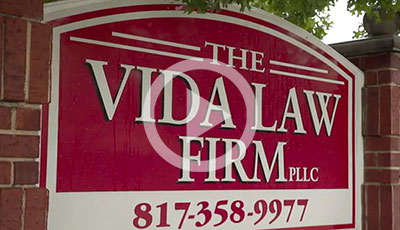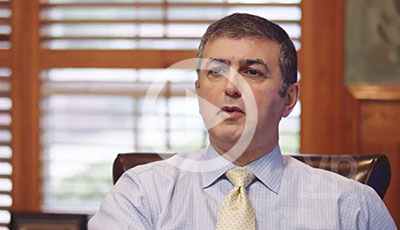Dischargeability of Debt
Not all debts can be discharged in a bankruptcy
Discharging a debt in bankruptcy means that the debt is eliminated or wiped out. Put another way, the debtor no longer owes the debt once he or she has been adjudicated a bankrupt. However, not all types of debts can be discharged in a bankruptcy proceeding. For example, a Chapter 7 debtor, even though he or she “liquidates” his or her debts, generally cannot discharge most taxes, child support payments and most student loan payments. When a debtor chooses to file under Chapter 11 or Chapter 13, the debts usually remain, including any tax liabilities, because the debtor undergoes a “reorganization.”
Bankruptcy can provide some tax relief . . . but not complete relief
The federal Bankruptcy Code does not provide that taxes are dischargeable in bankruptcy. Rather, the Bankruptcy Code specifies taxes that are “excepted from discharge.” Taxes that are “excepted from discharge” must, in theory, be paid by the debtor. Debts incurred to pay nondischargeable taxes to governmental units other than the United States are also nondischargeable.
Some of the taxes and tax penalties owed by a debtor might be dischargeable in bankruptcy. For those that are not dischargeable, a Chapter 13 debtor can repay the taxes and penalties, without interest. A Chapter 13 debtor may also be able to get a reduction of some or a discharge of all old taxes that remain unpaid. If a Chapter 13 debtor is unable to get a discharge, he or she can consider making an “offer in compromise” to the Internal Revenue Service.
In most situations, the amount of tax relief gained depends on several factors, including the age and type of the tax whether and when an income tax return was filed, and the chapter of bankruptcy selected by the debtor. “Recent” or “priority” taxes are seldom dischargeable in bankruptcy. Generally, income taxes that were due more than three years before the date that the debtor filed the bankruptcy petition can be discharged — usually in full — in Chapter 7 or Chapter 13, as long as returns were timely and properly filed.
Pursuant to provisions in the Bankruptcy Code, income taxes can be discharged in a Chapter 7 bankruptcy if the following three-part test is met: (1) the debtor’s income tax return must have been filed three years before the filing of the debtor’s bankruptcy petition; (2) the tax to be discharged cannot have been assessed within 240 days before the filing date of the petition; and (3) the tax to be discharged must relate to an income tax return that was filed after the date on which it was last due and two years before the date of the filing of the bankruptcy petition.


